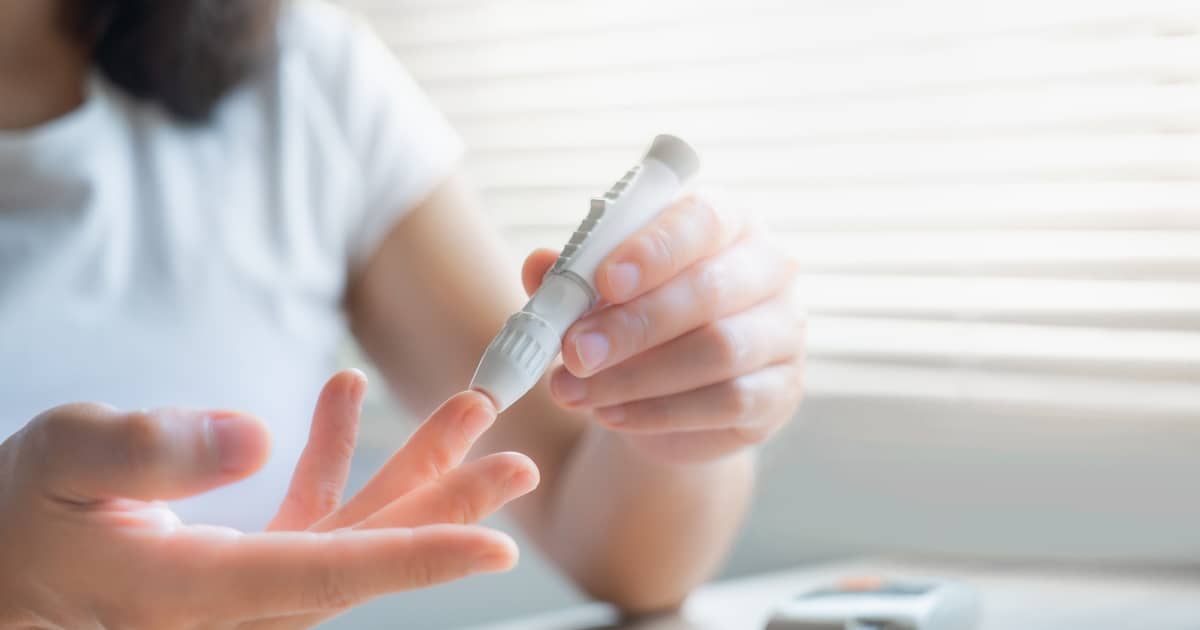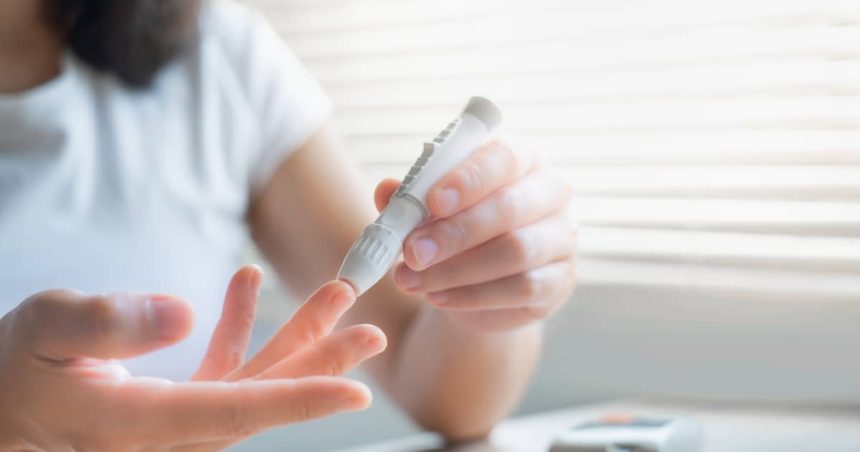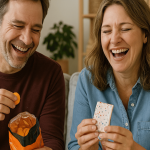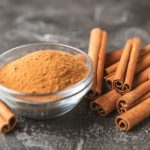Affected by each hyperglycemia and hypoglycemia is nearly an anticipated a part of life with diabetes.
Nonetheless, reactive hypoglycemia differs from regular hypoglycemia ranges as folks with diabetes encounter completely different underlying causes.
On this article, we’ll clarify the whole lot it’s essential learn about reactive hypoglycemia: what it’s, how you can handle it, and how you can higher stop it.
Signs of hypoglycemia
It is very important acknowledge signs of hypoglycemia earlier than hypoglycemia turns into an emergency.
Hypoglycemia is often outlined as blood glucose ranges under 70 mg/dL. Even folks with out diabetes can expertise hypoglycemia!
Listed here are some notable indicators:
- Shakin
- Dizziness
- nervousness
- It is troublesome to pay attention
- sweating
- confusion
- Fast Heartbeat
- Feeling weak point and excessive fatigue
- It feels faint
- Hungry
- In extreme instances, lack of consciousness, coma, and demise
If you happen to undergo from frequent hypoglycemia and don’t undergo from diabetes, you need to seek the advice of your physician.
What’s reactive hypoglycemia?
Reactive hypoglycemia (also called post-meal hypoglycemia) is a sort of hypoglycemia that happens after a meal, often 2-5 hours after ending your meal.
That is completely different from the hypoglycemia of fasting. The trigger is that an excessive amount of insulin is launched within the meals that’s eaten.
There are three various kinds of reactive hypoglycemia.
Digestively reactive hypoglycemia – That is the type of reactive hypoglycemia that happens roughly two hours after the meal is completed.
Idiopathic reactive hypoglycemia – That is the type of reactive hypoglycemia that happens roughly 3 hours after the meal is completed.
Late reactive hypoglycemia – This type of reactive hypoglycemia happens 4-5 hours after the meal is completed.
What causes reactive hypoglycemia?
Researchers are unclear concerning the precise reason for reactive hypoglycemia. Nonetheless, individuals who usually undergo from reactive hypoglycemia often undergo from diabetes or diabetes and undergo from gastrointestinal dysfunction, corresponding to gastroparesis.
Moreover, individuals who don’t undergo from diabetes however have hormone deficiency may additionally undergo from reactive hypoglycemia.
Reactive hypoglycemia may be brought on by gastric bypass or ulcer surgical procedure, particularly when recovering from cancerous tumors, extreme alcohol consumption, or surgical procedure.
Reactive hypoglycemia often happens extra often in chubby and overweight folks. In actual fact, affected by reactive hypoglycemia, notably late-stage reactive hypoglycemia, can improve your threat of growing diabetes.
How can I handle reactive hypoglycemia?
If in case you have reactive hypoglycemia and don’t consider you might be affected by diabetes, ask your physician about getting a combined resistance take a look at (MMTT).
Right here, they provide you a candy drink made to lift blood sugar ranges, permitting your physique to provide extra insulin. Your physician will intently monitor your blood sugar ranges over the subsequent few hours to see if there are spikes after which crashes.
It might drop an excessive amount of after a number of hours after taking the liquid (under 70 mg/dL), which is usually a signal of affected by reactive hypoglycemia.
If you happen to at present have insulin-dependent diabetes, discuss to your physician about decreasing the insulin-to-carbohydrate ratio, taking long-acting insulin, or each.
If you happen to undergo from hypoglycemia after meals, you have got diabetes, however if you’re not utilizing insulin, discuss to your physician concerning the potential decreasing of diabetes medicine.
Nonetheless, in the event you’ve tried all of that and nonetheless have a failed remedy, under are some methods for implementation that will help you handle reactive hypoglycemia.
It is very important be aware that there isn’t a medical “remedy” for reactive hypoglycemia, however solely strategies that diminish the pancreas’ response to meals that assist stop such hypoglycemia after meals.
First, deal with hypoglycemia
Repairing reactive hypoglycemia usually is completely different from treating acute episodes of hypoglycemia.
Eat no less than 15 grams of fast-acting carbohydrates, corresponding to glucose tablets, juices, or different sweets like candies, and take a look at your blood sugar ranges once more to verify it is rising.
If you happen to’re dangerously low and your blood sugar ranges will not be responding to fast-acting glucose, name 911 instantly and have somebody provide you with glucagon.
Eat smaller, extra constant meals
Attempt to eat meals and snacks each 2-3 hours. That manner, do not starve. If you eat, be certain it is an enormous meal and never an enormous carb dump. This helps stop the pancreas from being an excessive amount of insulin, leading to decrease blood sugar ranges.
You do not eat all day, and consuming a breathtakingly great amount of meals will increase reactive hypoglycemia assaults and plummets your blood sugar ranges when you’re prepared for sleep.
Deal with fat and proteins
When consuming or consuming snacks, be certain it is filled with protein and wholesome fat, not easy carbohydrates.
Diets and snacks with many processed added sugars and carbohydrates require extra insulin, which is extra prone to result in reactive hypoglycemic episodes.
Wholesome proteins and fat embody meals corresponding to salmon, full-fat dairy merchandise corresponding to Greek yogurt, peanut butter, and seeds and nuts, in addition to additional virgin olive oil, coconut, avocados and lean meat.
You may simply make meals round these groceries by including lush greenery and colourful greens that don’t trigger blood sugar and insulin spikes.
If you happen to drink alcohol, do not do this on an empty abdomen
If you’re inclined to hypoglycemic ranges and reactive hypoglycemia and luxuriate in consuming alcohol, at all times drink it with meals.
Alcohol can decrease blood sugar ranges and put diabetics (even with out!) liable to hypoglycemia if you do not have something to eat for a number of hours.
Higher but, alcohol and high-fat, high-protein snacks will assist guarantee smoother blood sugar ranges all through the evening. Suppose cheese, olives and uncooked greens with hummus and with wine.
Train recurrently
It is very important do common train that can enable you to preserve constant blood sugar ranges all through the day. You purpose to train early within the morning or afternoon, the place you might be most definitely to be insulin resistant (and you’re the least prone to be decrease).
If you’re battling reactive hypoglycemia after dinner, it isn’t the very best time to train. Nonetheless, establishing an train routine on the similar time every single day may also help you learn to reply to each carbohydrates and bodily exercise, lowering the possibilities of extreme hypoglycemic ranges.
If you happen to’re undecided the place to start out, discuss to your physician about growing an train routine that works for you and your life-style.
Conclusion
Reactive hypoglycemia is a sort of hypoglycemia that happens after meals.
Individuals with or with out diabetes can undergo from this situation, however those that are chubby or overweight, have prediabetics, have gastrointestinal issues corresponding to diabetes or gastroparesis, and who’re recovering from surgical procedure are affected by alcoholism or have cancerous tumors or hormonal imbalances.
There are a number of methods to handle reactive hypoglycemia. If in case you have first diabetes, decrease your diabetes medicine or insulin. Discuss to your physician about how to do that safely.
Deal with hypoglycemia ranges under 70 mg/dL instantly and name 911 if you’re experiencing extreme hypoglycemia that isn’t responding to remedy.
In the long run, you may select to eat a smaller, extra constant food plan centered on wholesome fat and proteins, train recurrently within the mornings, and drink alcohol alone together with meals.
By taking these strategic measures, you may handle reactive hypoglycemia and stop it from taking on your day.










